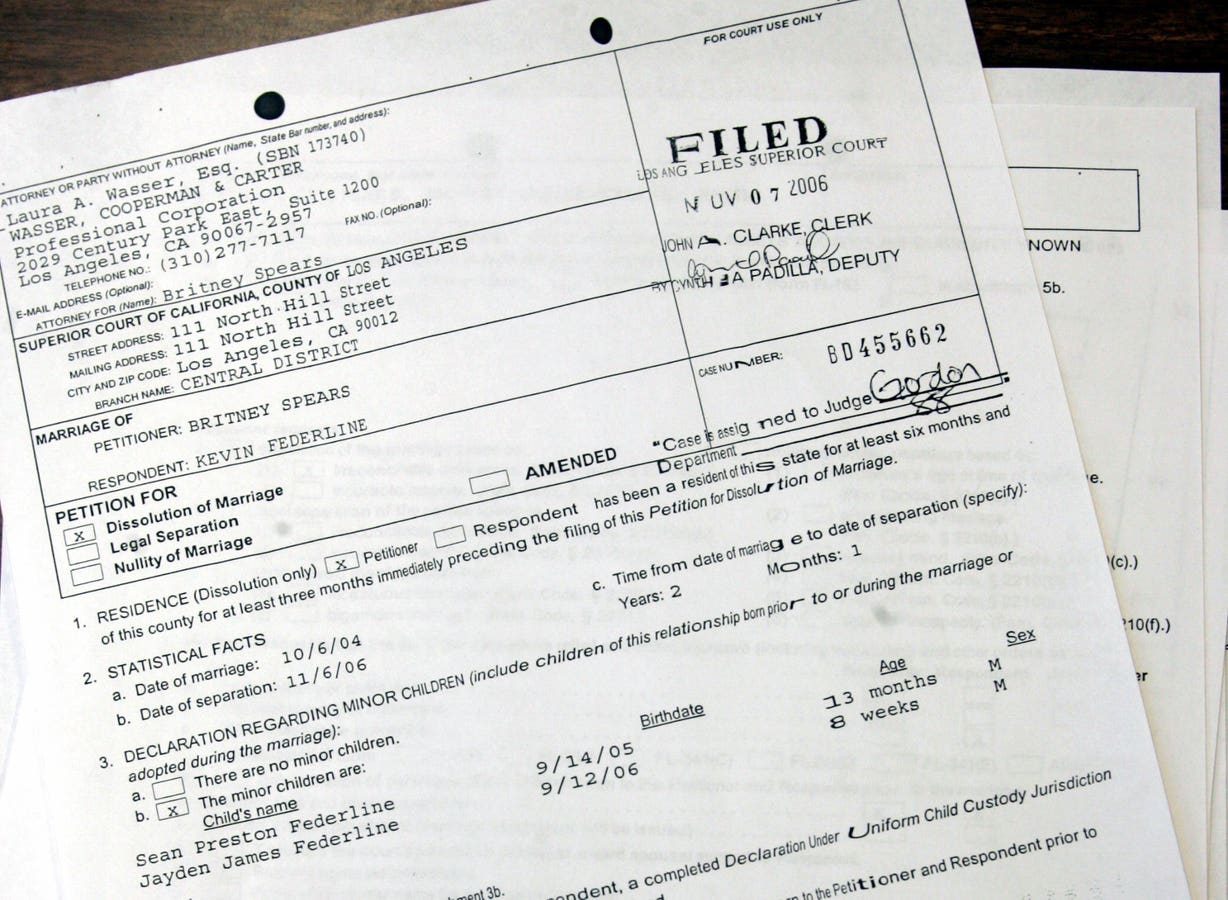It has been a long time since divorce was an issue in national politics. We have to go back 50 years to NY Governor Nelson Rockefeller’s decision to divorce his wife and remarry a divorced woman before the 1964 Republican national convention, in which Rockefeller sought the nomination. Since that time, divorce has occasionally generated headlines, but it has caused barely a ripple in national politics. Could Texas be different?
Last week, Texas State Senator Angela Paxton, the wife of Ken Paxton filed for divorce on “on biblical grounds,” charging, according to CNN, adultery. Paxton, the controversial state attorney general who survived an impeachment trial last year, is running against long-serving Senator John Cornyn. Recent polls show Paxton with a significant lead of around 15 to 20 points. The contest will be decided in March of 2026. Both men are seeking President Trump’s endorsement, and news reports suggest the president is waiting to see how the race unfolds. While Cornyn described the divorce filing as a “private matter,” a spokesperson for the National Republican Senator Committee, which has endorsed Cornyn, came out with this statement in the increasingly bitter contest on X: “What Ken Paxton has put his family through is truly repulsive and disgusting.” NRSC spokesperson Joanna Rodriguez added “No one should have to endure what Angela Paxton has, and we pray for her as she chooses to stand up for herself and her family during this difficult time.” The primary could affect the Republican Party’s prospects in the state and the Senate’s makeup next year.
To rewind the clock, Rockefeller led Senator Barry Goldwater by 20 points in the nomination contest in April 1963, but his lead shrunk to just 6 points the week after he remarried in May that year. In the summer of 1963, around four in ten in Lou Harris said they were bothered his decision to marry a divorced woman. That August, 79% told Gallup they would be willing to vote for a well-qualified divorced man for president. In a 1968 Harris poll after the controversy had long died down, 17% said he was wrong to divorce his wife while 59% disagreed. Fast forward 15 years. Ronald Reagan was divorced when he ran for president in 1979. This fact created barely a ripple on the pollsters or pundits radar screens.
Infidelity has contributed to the demise of several prominent presidential candidates. Among them are Senator Gary Hart of Colorado in 1987, who seemed to flaunt his dalliances, and John Edwards in 2008 who lied about his affair. But reports of infidelity did not appear to have much impact on others- namely, Bill Clinton and Donald Trump.
The public sees divorce and adultery in different moral terms, largely viewing divorce as morally acceptable in every Gallup question since the organization began asking about it in 2001. That year, 59% recognized divorce as morally acceptable while 28% said it was morally wrong. In recent years, around 80% have taken the position that it is morally acceptable. As for infidelity, more than 80% tell National Opinion Research Center pollsters that it is always or almost always wrong for a married person to have sexual relations with someone other than their marriage partner, and that has been steady since the question was first asked in the early 1970s. In Gallup’s polling, more than 85% view infidelity as morally wrong. Interestingly, views about polygamy may be changing, although majorities still say it is morally wrong. In Gallup’s latest, 23% said it was morally acceptable, up from 7% in 2003, the first time Gallup asked the question.
In the end, will Paxton’s divorce will play a major or even minor role in the outcome of primary contest? Many factors can affect any campaign. At the time of Rockefeller’s divorce, controversial civil rights legislation was being considered. It is always difficult to isolate a single factor. Americans see divorce as a private matter, and they have grown more tolerant over time of people who choose to live by different moral standards than their own. They have also become less willing to judge others. There are exceptions, as the demise of the Hart and Edwards candidacies show. A former AEI colleague, William Schneider, once said Americans tend to think about hiring their president the way they hire a plumber. They just want the job done, and they don’t want to hear about the plumbers’ problems with his wife or his kids. Will Texas Republican Senate contest be different? We will have to wait and see.



